You may have heard rumours that the Dutch are pretty innovative. What you’ve heard is true! The same goes for their research into battling coronavirus. Whether it’s to do with living a more sustainable life or cutting edge technology, the Netherlands has contributed a lot to the world of science for such a small country.
During the global pandemic, many countries have been putting more funding into projects to help combat this deadly disease. The bright side is, after a year of getting to grips with a new version of reality (with a new language such as “nice to e-meet you” 🤦♀️ ), there has been huge progress on this front.
We are proud to say that a lot of these innovations in science have come from the lowlands themselves. So here is a list of five Dutch innovations that are helping to combat coronavirus:
1. The Janssen vaccine
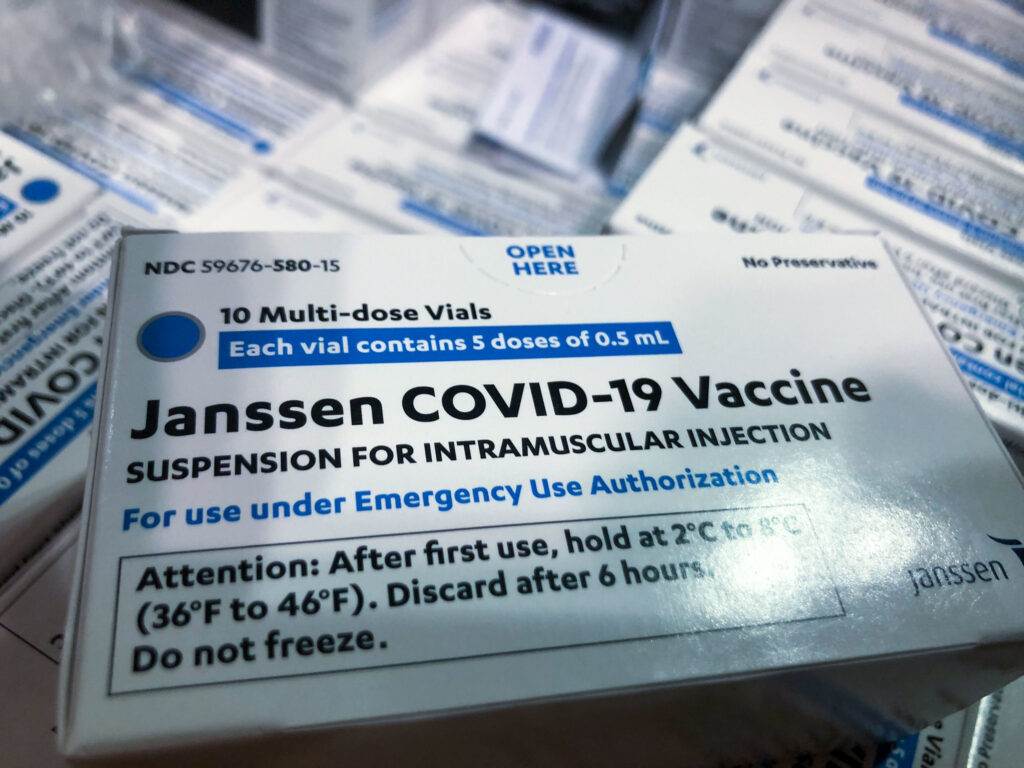
The Jansssen (Johnson & Johnson) vaccine has been in the news a lot recently with the first doses having just been given to Dutch health workers. The first lucky souls to get this one-shot vaccine were in Leiden, but did you know that this is the same place that the vaccine was developed?
Janssen may not have been the first coronavirus vaccine available on the market, but so far it is the only one that doesn’t require two shots for a high level of protection against coronavirus. That means that all 11.3 million doses that the Netherlands has ordered can fully vaccinate a huge chunk of the Dutch population!
Now, this isn’t a competition of which country has made the best vaccine, after all, anything that protects the population against coronavirus is a plus in our books. But the fewer doses one person needs to be immunised means we can spread this invaluable medicine much further. That’s got to be good news! (Thank you, Dutch researchers! 🙌 )
2. A bracelet that detects coronavirus
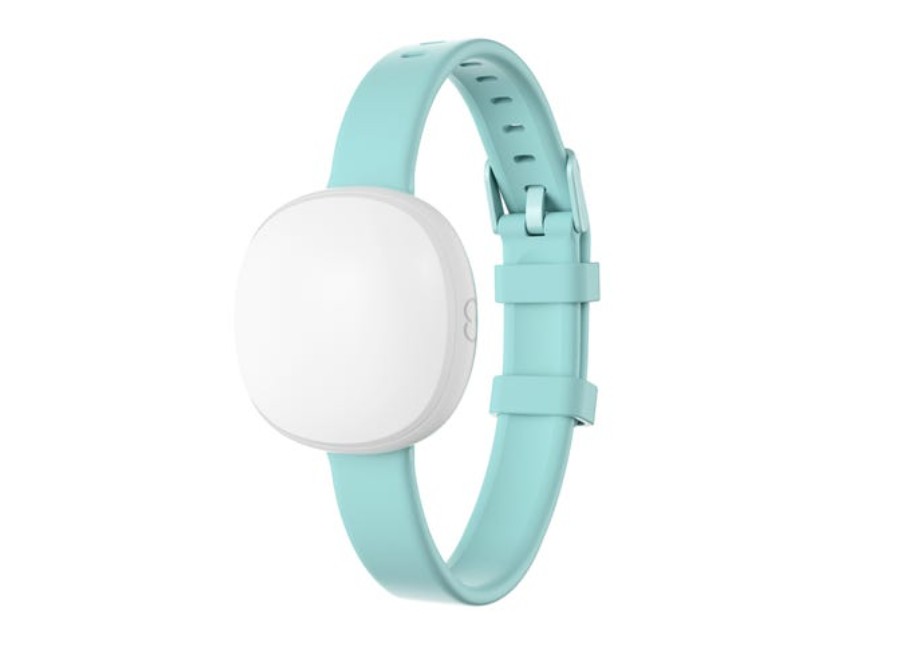
Imagine having an item of clothing that can tell you whether or not you’re getting ill. (And no, we’re not talking about those that use their sleeves as a hanky 🤢 ). Well, that’s what researchers at the UMC have developed.
Epidemiologists in Utrecht have developed a bracelet that detects the early stages of coronavirus by detecting changes in temperature, respiration and skin moisture. The wearable was able to be developed at super-speed because researchers used a model recently created to indicate if a woman is ovulating.
As you can see, this already has the potential for far-reaching applications, beyond coronavirus. Even during the pandemic, this bracelet could be used for those in high-risk groups and healthcare workers. Like any illness, the quicker you detect the virus, the faster you can get the right treatment.
3. A nasal spray with 24 hours of instant protection
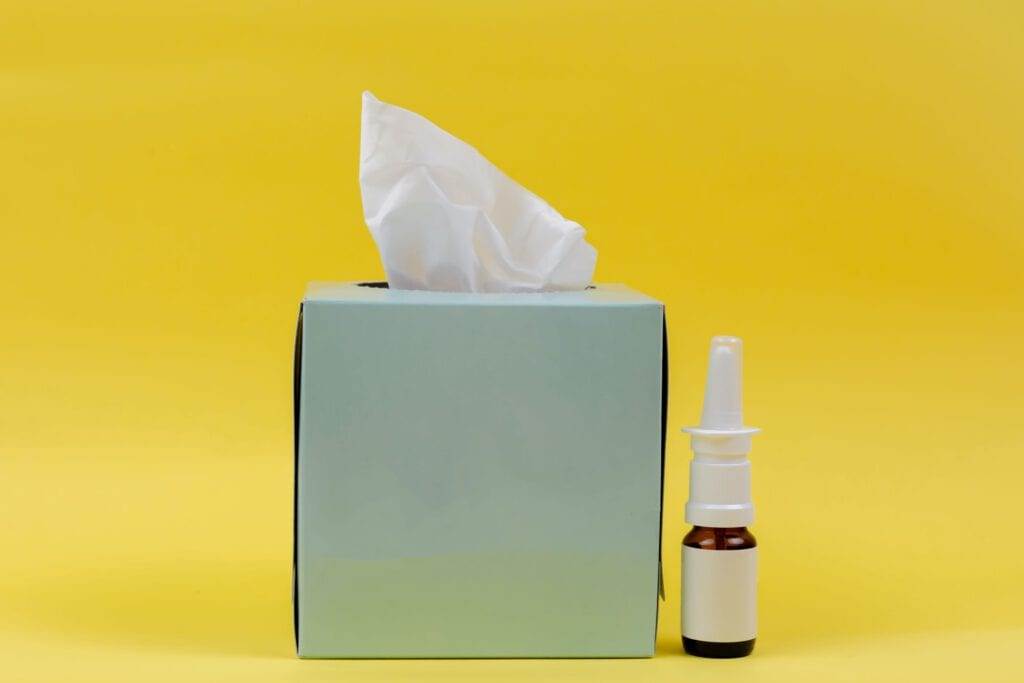
Another feat for Dutch virologists is this innovative nasal spray. Once sprayed up your nozzle, it provides you with up to 24 hours of protection against the virus by preventing the virus’ cells from entering your nose. If they can’t get up there, then they can’t get to your lungs and do their dirty work.
Developed by researchers at Erasmus MC in Rotterdam, it’s hoped that the spray can be used by travellers and people attending large events like concerts and festivals. The sprays haven’t hit the market yet, but we have our fingers crossed!
Since it was developed in February, the Dutch start-up Leyden Labs has already invested €40 million into the nasal spray. The hope is that this spray can not only combat coronavirus but help to prevent future pandemics. If that isn’t groundbreaking, we don’t know what is!
4. 3D printed oxygen masks
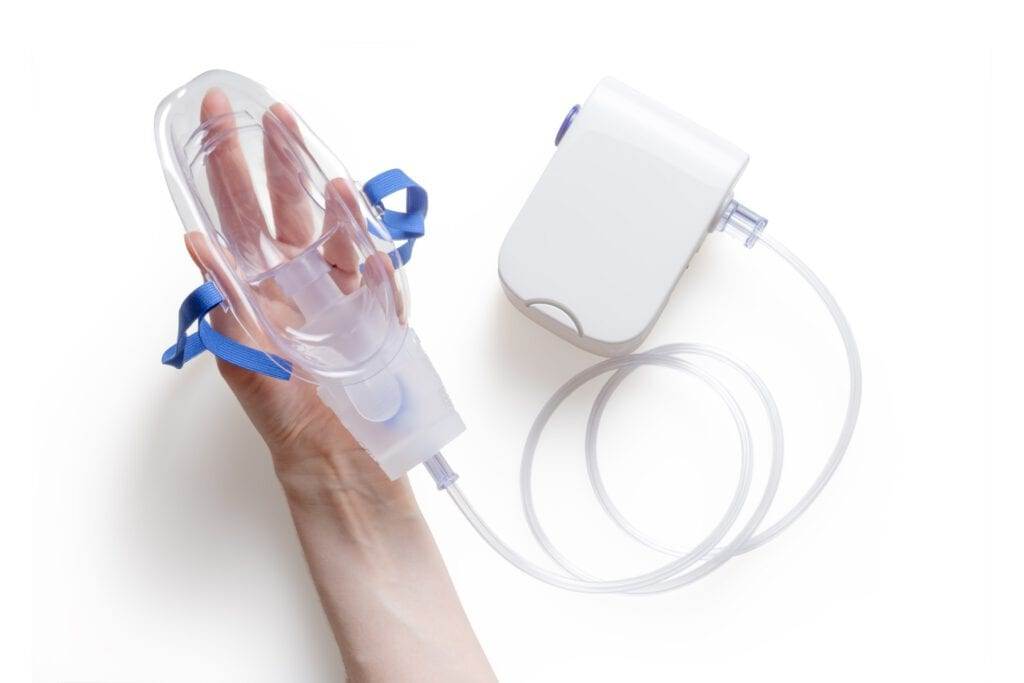
Remember back to the beginning of the pandemic when everyone was getting to grips with a new app called Zoom and thought we would only be working from home for a month or two? (oh how naive we all were) Well, at that time, on a much darker note, there was a huge scramble for breathing devices.
Since the virus affects your respiration, oxygen masks and ventilators are vital in treating those with serious cases of coronavirus. So, when a Dutch doctor started making more oxygen masks, it came as a welcome relief.
Trauma surgeon, Mike Bemelman in Tilburg started using 3D printers to make the masks. He also made the blueprint for the design available to other hospitals and companies wanting to make disposable masks. Even at the beginning of a pandemic, there were those using everything at their disposal to help. 🙏
5. Urban Sun: using light to combat coronavirus
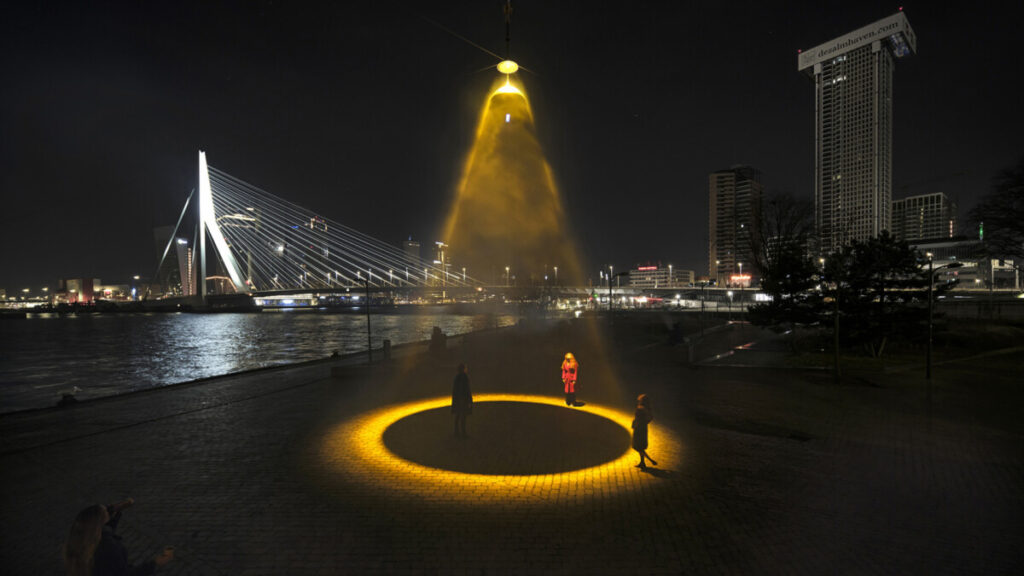
Innovation hasn’t just been happening in the lab, but also in the art studio. In the deserted streets of Rotterdam, Studio Roosegaarde launched their art-installation-cum-science-experiment entitled “Urban Sun”.
Developed with the help of Dutch, US, and Japanese scientists, the project uses a specific type of UV light to kill bacteria and viruses. This “far-UVC” light deactivates the virus when it’s shone onto a surface, proving to kill 99.9% of coronavirus cells in a localised area. That’s pretty epic news!
Head designer of the studio, Daan Roosegaarde, urges governments to invest in this project and implement it on a large scale. Seems like a pretty good way to see some cool art — and save lives.
So there we have it, five innovative ways the Dutch have come up with to combat coronavirus. Let’s hope that thanks to all of these innovations (and many more from other nations) that we’re coming to the tail end of the pandemic.
If not (please say we are for the love of God), we’re confident there will be more advances from the Netherlands to help us on the way.
Have we left any cutting edge technology off the list? Let us know in the comments below!
Feature Image: Diego PH/Unsplash
